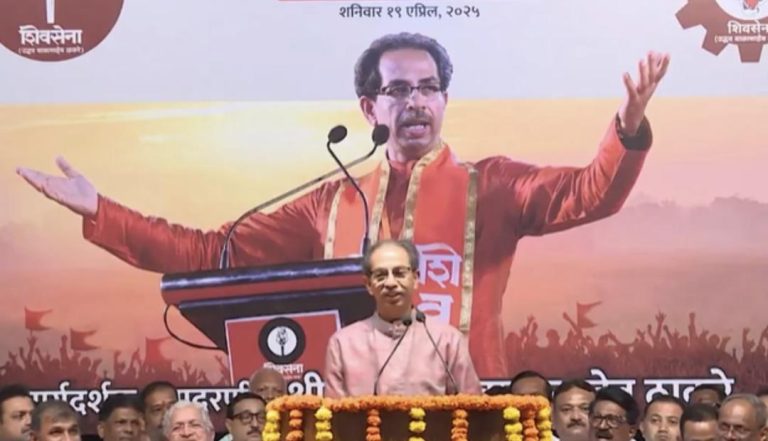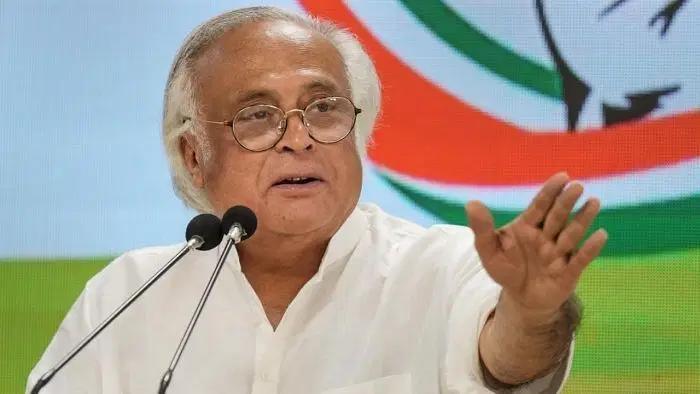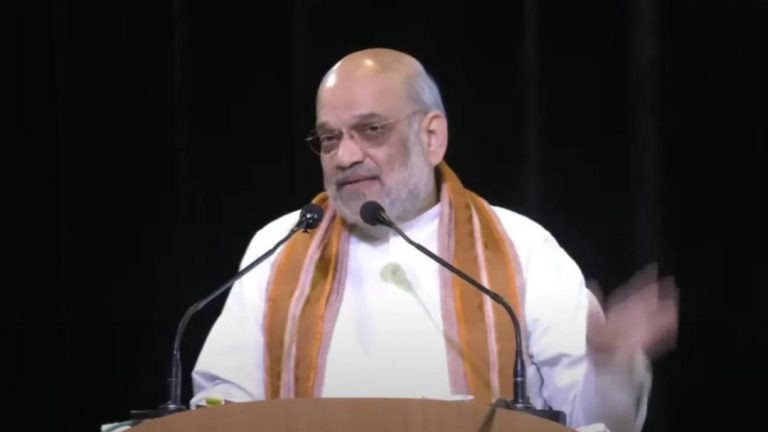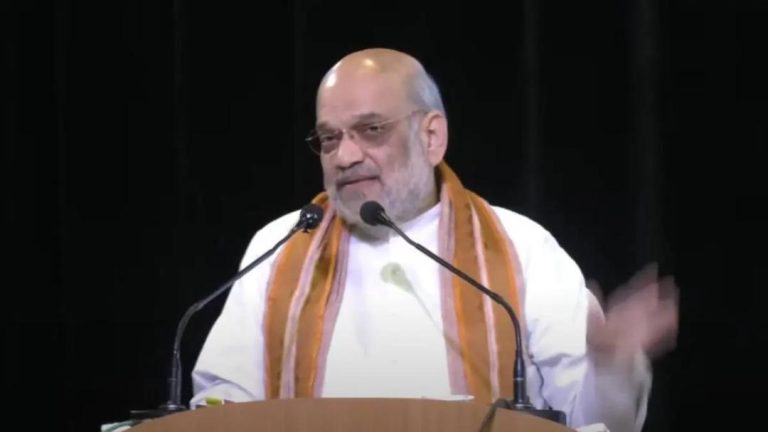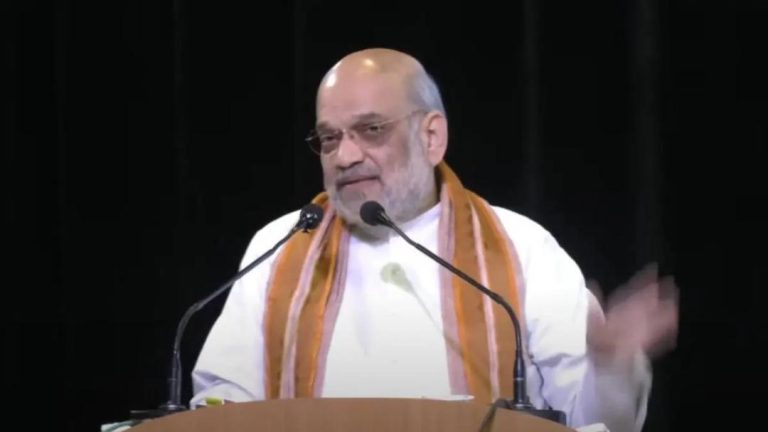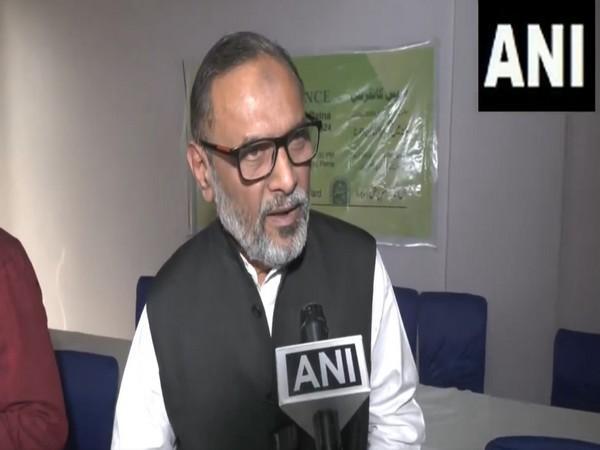
Waqf Bill Brought in with Communal Intentions: Muslim Body
The All India Muslim Personal Law Board (AIMPLB) has criticized the central government over the proposed Waqf (Amendment) Bill, terming it as “unconstitutional” and “brought with communal intentions”. The bill, which seeks to amend the 1995 Waqf Act, has been met with opposition from various quarters, with the AIMPLB being the latest to express its concerns.
According to a report by ANI, AIMPLB spokesperson Syed Qasim Rasool Ilyas stated that the bill has been “misleading” and has been introduced with the sole intention of serving communal interests. He further alleged that the central government is trying to deceive the people by introducing such a bill, which is against the spirit of the Constitution.
The Waqf (Amendment) Bill, if passed, would grant more powers to the central government in the administration of Waqf properties, which are managed by charitable trusts and institutions. The bill seeks to amend the 1995 Waqf Act, which is currently in force.
The AIMPLB has been at the forefront of protecting the interests of the Muslim community in India, and its spokesperson’s comments have sent shockwaves across the country. The organization has been vocal about its opposition to the bill, citing concerns about the erosion of Muslim personal law and the undermining of the autonomy of Waqf institutions.
The AIMPLB’s criticism of the bill comes at a time when the country is already grappling with communal tensions and religious polarization. The organization’s concerns have been echoed by other Muslim groups and organizations, which have also expressed their opposition to the bill.
The proposed amendments to the Waqf Act have been criticized for being too broad and vague, and for giving the central government too much power in the administration of Waqf properties. The AIMPLB has argued that the bill would lead to the erosion of the autonomy of Waqf institutions and the undermining of Muslim personal law.
The organization has also expressed concerns about the potential misuse of the bill, citing instances of government interference in the administration of Waqf properties in the past. The AIMPLB has called for the bill to be withdrawn and for the government to engage in a meaningful consultation with Muslim organizations and stakeholders before introducing any changes to the Waqf Act.
The opposition to the Waqf (Amendment) Bill has been met with criticism from some quarters, with some arguing that the bill is necessary to bring transparency and accountability to the administration of Waqf properties. However, the AIMPLB and other Muslim organizations have rejected these claims, arguing that the bill would lead to the erosion of Muslim personal law and the undermining of the autonomy of Waqf institutions.
The controversy surrounding the Waqf (Amendment) Bill has highlighted the deep-seated differences between the government and Muslim organizations in India. The dispute has also underscored the need for greater consultation and dialogue between the government and Muslim organizations to address the concerns and fears of the Muslim community.
In conclusion, the AIMPLB’s criticism of the Waqf (Amendment) Bill has sent a strong message to the government that the proposed amendments are unacceptable and have been introduced with communal intentions. The bill has been met with widespread opposition from Muslim organizations and stakeholders, who have expressed concerns about the erosion of Muslim personal law and the undermining of the autonomy of Waqf institutions.
It is essential for the government to engage in a meaningful consultation with Muslim organizations and stakeholders to address their concerns and fears. The government must also ensure that any changes to the Waqf Act are made in a transparent and inclusive manner, and that the autonomy of Waqf institutions is protected.
